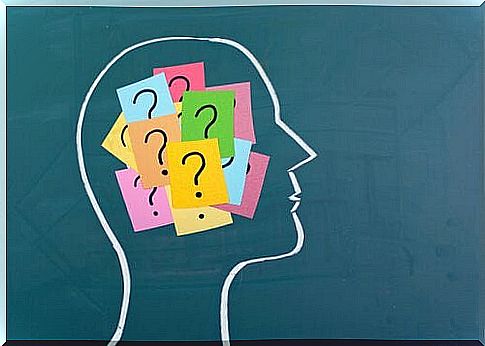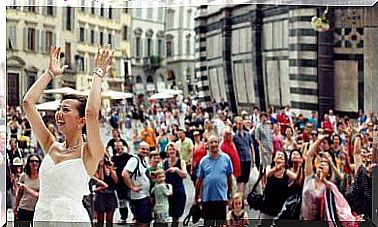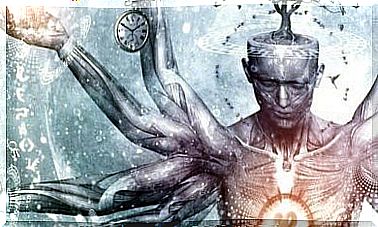The Psychology Of The Witness
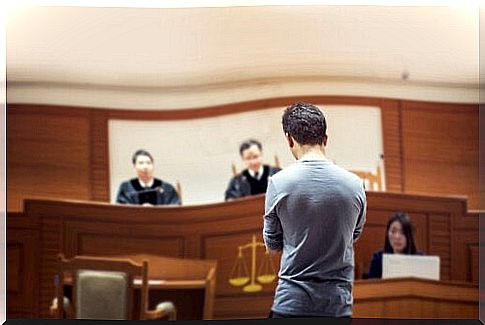
The figure of the witness is a fundamental part in a trial. What he transmits can serve as support for the various physical evidence presented to the judge. However, the testimony of a witness cannot be regarded as a dogma of faith. Sometimes, and even if you don’t want to believe it, it may not tell the whole truth. Whether it is because he is lying on purpose or because he has a biased memory of events.
Witness psychology attempts to study, understand and deal with amnesic problems. These affect an individual. And can have an influence on him when giving his testimony before a judge. How seriously can we take the information he gives us? Ultimately, the witness is a human being and there are many effects affecting memories that can affect them.
Memory in the psychology of the witness
We always believe that our memory is infallible. I remember this or that like it was yesterday. Or also: this is something I can never forget. How many times have we said / thought such sentences? While it is true that we can remember facts that took place a long time ago, the mental images we reproduce do not adjust as much as we think they do to the way we experienced them.
They don’t even look like what we remembered two days ago. Our memory is manipulated by the passage of time and by the effects of misinformation. And, of course, the more time passes, the more the sharpness of our memory will diminish and transform.
As strange and unusual as it may sound, we can remember something that we have never experienced. The psychology of the witness will analyze these processes to try to minimize the mistakes that can be made.
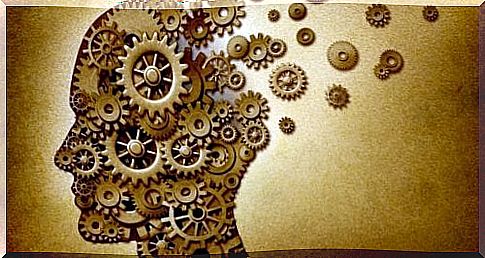
The effect of misinformation
Elizabeth Loftus and Palmer did a study to show that after witnessing a fact, if we are given additional information about what happened, we can unintentionally adapt the memory so that ‘he adjusts to this new information.
In the experiment in question, participants were asked to watch an accident between two cars. After that, they were told to determine the speed at which these vehicles were traveling.
However, the question uses a different verb in each group: collide, crash into, crash, etc. Each of them had different connotations associated with the way we use them in our everyday language. Thus, even if all the subjects had seen the same accident at the same speed, after evaluating the force of the shock, the collision, the impact, the majority gave a response corresponding to what the verb used suggested.
Factors influencing misinformation
There are sources but also conditions that can lead to erroneous information. This can modify the memory of a fact. When an accident occurs, for example, it is normal for spectators to comment on the details. It is also possible that one of them, without bad intention, introduces a false element. This can end up contaminating the memories of others.
One of the proposed solutions is therefore to try to prevent potential witnesses from talking to each other. Likewise, the media often use people who have seen or heard something. They give us information in this way, but in an unclear or biased way.
Moreover, the time that has elapsed since we observed the fact until the moment when we tell it is going to be decisive. It is easier to assimilate erroneous data over time. Why? Because the information is less recent. It is therefore less likely that we will perceive inconsistencies between our recollection and the new information as we move away from the date of the accident.
Cognitive interview in the psychology of the witness
One of the ways we try to get as much (and quality) information as possible is cognitive interviewing. It was developed by Fisher and Geiselman in 1984. They observed that the police lost much of the information during their questioning due to a lack of skill. It was also wasting resources by following false leads.
Witness psychology influenced the development and improvement of cognitive maintenance. This is a model created to improve the relationship between interviewer and interviewee. It is based on the creation of rapport , essential to establish an environment of trust. The interviewee, if he does not feel intimidated, will provide much more information.

What does the cognitive interview consist of?
The cognitive interview uses open-ended questions to obtain testimonials. In this way, a question is issued that allows the witness to speak freely, describing everything that has happened. The advantage of this type of question in the face of a closed question is clear.
The open-ended question allows the person to tell the facts as if they were telling a story. A closed question, it limits the answer to a very concrete event. The errors made may therefore be greater and the question may also introduce a bias.
Cognitive interview techniques
This model employs four techniques:
- Restoring the context: mentally reconstructing the circumstances in which the events took place. The emotions felt allow us to retrieve more information.
- Tell everything: extension of the first point. Everything that is part of the memory should be included in the story.
- Remember events in a separate order: Instead of recounting from the first thing that happened to the last, this method suggests giving a story the other way around (going back in time, instead of going back in time). ‘moving forward).
- Change perspective : place ourselves mentally at another point. For example, if we were in a corner of the store that was broken into, we can imagine how things might have been observed if we had been at checkout level.
Unconscious modification of memory
The results obtained in different studies with cognitive interview have shown that this technique, thanks to the way the facts were told, the empathy and the trust generated between the two parties, increased the amount of correct details without increasing the proportion of errors.
We must remember that a witness is subject to different factors, personal or environmental circumstances that have an influence when it comes to remembering a fact. Very often, a mistake in his story does not mean that he is lying. At least not always. He just unconsciously changed his memory. While it is certain that it happened that way, it is not always the case.
Witness psychology helps to find new tools or improve existing ones. It optimizes the information we can get about a fact. But can we still trust the memories of witnesses? No. Can we get more true information from witnesses? As we have seen, this is the main field of application and research of witness psychology.
